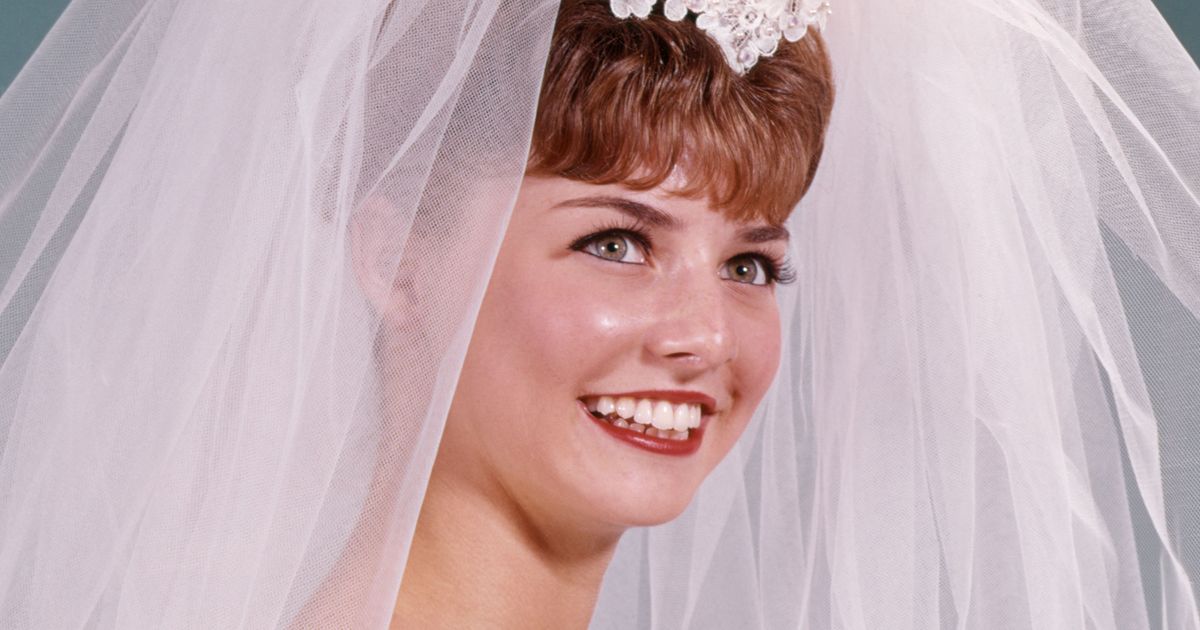Both Wilcox and Kearney are correct that marriage, in the decades that it has been increasingly optional, has become the purview of the wealthy. It is an institution that allows the already economically stable to become even more stable by combining their resources. Marriage, once a narrow entrance into adulthood, now more frequently serves as a rewarding capstone life event, agreed to by two well-resourced people who have the advantages of sexual liberation, educational attainment, professional achievement, and economic security under their belt as well as the freedom to exit their unions should they turn out to be unsatisfying.
But where Kearney and Wilcox are wrong — incredibly, monumentally wrong — is that the solution to this structural inequity is simply encouraging more marriage for more people. They confuse cause and effect and are incorrect in the claim that marital privilege is the cause of the inequity rather than a further symptom of it.
Exploring the Peltzman study in her Atlantic article this past summer, Olga Khazan noted that one line of thinking suggests it’s not that marriage makes people happy; it’s that happy people are more likely to get married. I’d add that because marriage is no longer obligatory, it’s often entered into for happy reasons — that you are in love with a person who seems to be a good fit — and not because, say, you are young and pregnant and your community demands it.
It’s easy to see why the marriage solution is so appealing. Like telling people that it’s their responsibility to address the climate crisis by using paper straws, or advising Black men that they need to pull up their pants and be better fathers, it off-loads the responsibility for broad and systemic reform by tsk-tskingly placing it on individuals and their intimate behaviors.


